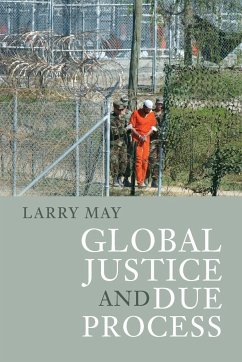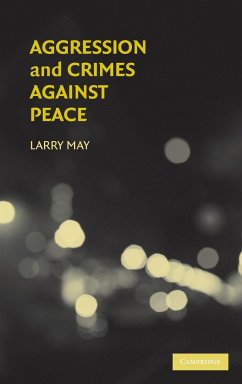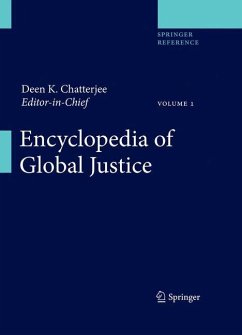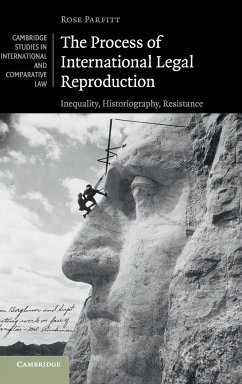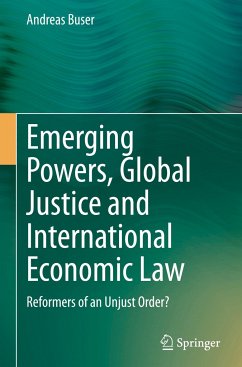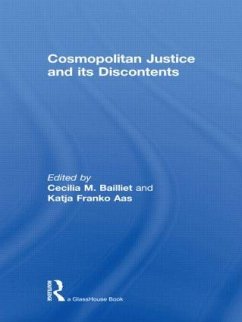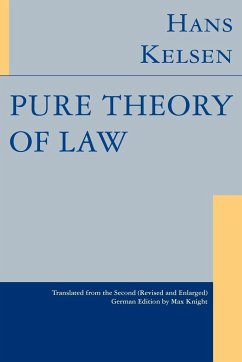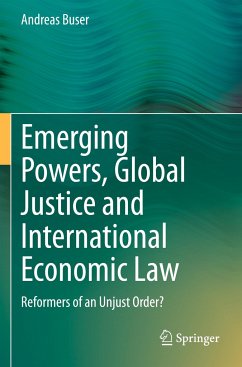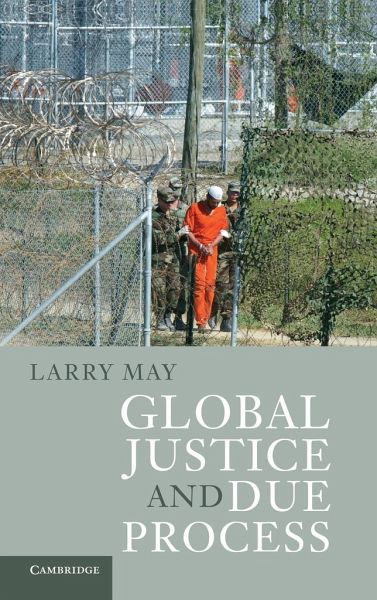
Global Justice and Due Process
Versandkostenfrei!
Versandfertig in 1-2 Wochen
102,99 €
inkl. MwSt.
Weitere Ausgaben:

PAYBACK Punkte
51 °P sammeln!
The idea of due process of law is recognised as the cornerstone of domestic legal systems, and in this book Larry May makes a powerful case for its extension to international law. Focussing on the procedural rights deriving from Magna Carta, such as the rights of habeas corpus (not to be arbitrarily incarcerated) and nonrefoulement (not to be sent to a state where harm is likely), he examines the legal rights of detainees, whether at Guantanamo or in refugee camps. He offers a conceptual and normative account of due process within a general system of global justice, and argues that due process...
The idea of due process of law is recognised as the cornerstone of domestic legal systems, and in this book Larry May makes a powerful case for its extension to international law. Focussing on the procedural rights deriving from Magna Carta, such as the rights of habeas corpus (not to be arbitrarily incarcerated) and nonrefoulement (not to be sent to a state where harm is likely), he examines the legal rights of detainees, whether at Guantanamo or in refugee camps. He offers a conceptual and normative account of due process within a general system of global justice, and argues that due process should be recognised as jus cogens, as universally binding in international law. His vivid and compelling study will be of interest to a wide range of readers in political philosophy, political theory, and the theory and practice of international law.





